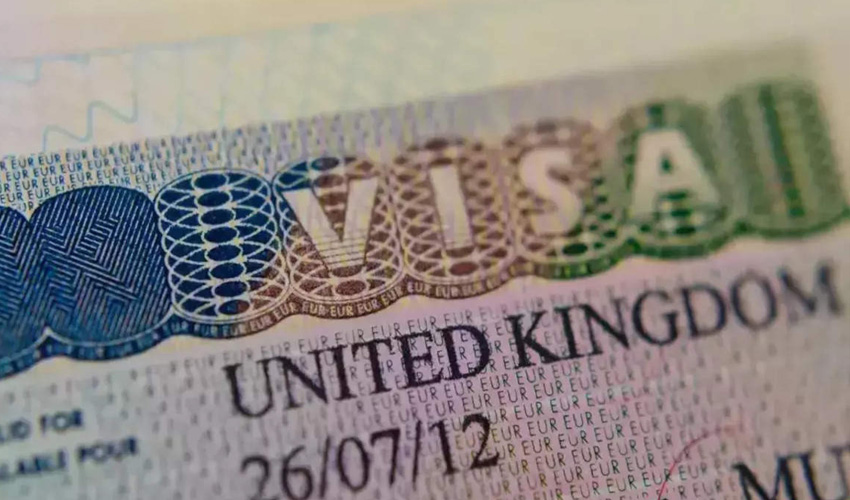UK Prime Minister Rishi Sunak's government has implemented stringent measures targeting student visas, resulting in an astonishing 80% decrease in their issuance.
The Prime Minister took to X, formerly known as Twitter, to announce this pivotal step, emphasizing the government's commitment to controlling migration flows. The policy overhaul encompasses a broad spectrum, including curtailing the influx of low-salaried workers, care staff, and limiting the ability of some post-graduate students to bring their family members to the UK.
We’ve taken action to reduce migration.
— Rishi Sunak (@RishiSunak) May 15, 2024
Student dependant applications are now down by 80%. pic.twitter.com/x5dWiUK1F4
According to the Migration Advisory Committee, an authoritative body advising the government, the repercussions of these measures are already palpable.
The number of international postgraduate students registering for studies at British universities for the upcoming academic year has plummeted by a staggering 63% compared to the previous year. This decline directly correlates with the government's restrictive stance on education visas.
Alarming predictions loom over the future of higher education in the UK, with the looming threat of further restrictions on the graduate route.
This route, which permits foreign students to work in the UK for up to two years post-graduation, is now under scrutiny. Experts warn that tightening these regulations could precipitate job losses, force course closures, and even threaten the viability of some academic institutions.
The repercussions of these measures extend beyond the educational landscape. Britain, home to esteemed institutions like Oxford, Cambridge, and Imperial College London, risks losing its global appeal as a hub for academic excellence and innovation. Business leaders argue that these universities not only foster creativity but also wield considerable soft power, attracting future leaders and nurturing global networks.



























